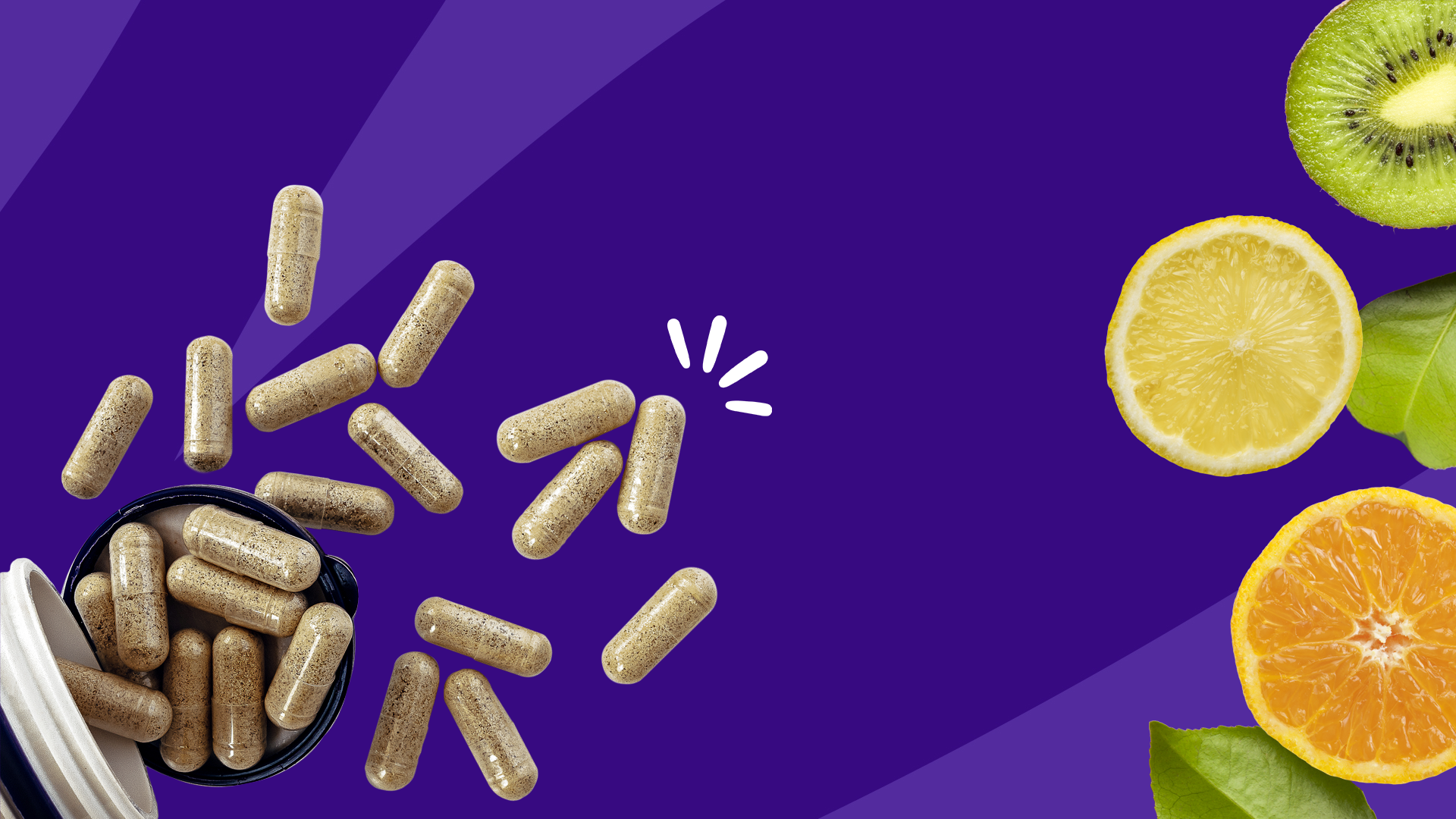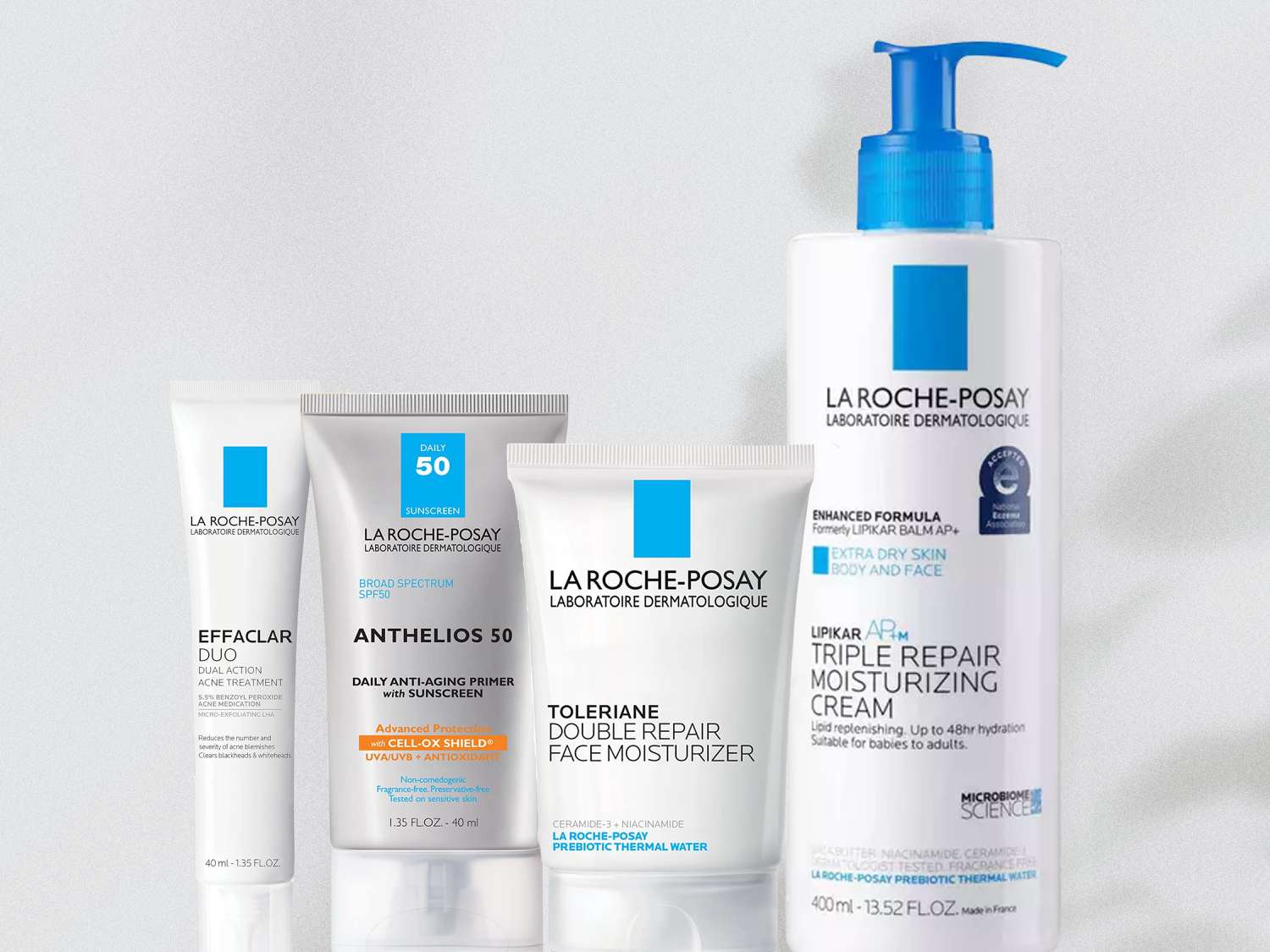Quercetin is a flavonoid, a type of plant pigment that gives many fruits, vegetables, and flowers their vibrant colors. Found abundantly in foods like apples, onions, berries, and tea, quercetin has garnered attention for its potential health benefits. It is known for its antioxidant properties, which help combat oxidative stress and inflammation in the body. Quercetin is also studied for its potential role in boosting immunity, reducing allergy symptoms, and protecting against chronic diseases such as heart disease and cancer. To fully understand the benefits of quercetin and how much is needed each day, it is essential to delve deeper into its functions and effects on health.
Daily Quercetin Requirements:
“The exact daily requirement of quercetin can vary depending on several factors, including age, health status, and dietary habits. However, most studies suggest that a typical diet provides an average intake of 10-100 mg of quercetin per day. For individuals looking to enhance their intake for specific health benefits, doses of up to 500 mg per day through dietary supplements have been studied. It’s important to note that while dietary supplements can help increase quercetin intake, it is always preferable to obtain nutrients through a balanced diet rich in fruits and vegetables, as they provide a synergistic effect with other beneficial compounds”. Says, Makenna Francsis, PMHNP at American TMS
Natural Sources of Quercetin:
Quercetin is widely available in various foods, making it relatively easy to incorporate into your diet. Some of the richest natural sources of quercetin include:
Onions: Particularly red onions are one of the highest sources of quercetin. Including onions in your salads, soups, and main dishes can significantly boost your quercetin intake.
Apples: Especially the skin, contains substantial amounts of quercetin. Eating apples whole or using them in recipes is a great way to increase your intake.
Berries: Blueberries, cranberries, and elderberries are excellent sources of quercetin. Adding them to smoothies, yogurt, or oatmeal can provide a delicious and nutritious boost.
Green Tea and Red Wine: Both are known for their high flavonoid content, including quercetin. Consuming these beverages in moderation can contribute to your daily intake.
Leafy Greens and Broccoli: These vegetables are also good sources of quercetin. Incorporating a variety of greens into your meals can enhance overall nutrient intake.
Quercetin Supplements:
“For those who find it challenging to meet their quercetin needs through diet alone, supplements are an option. Quercetin supplements are available in various forms, including capsules, tablets, and powders. When considering supplementation, it is crucial to choose high-quality products from reputable sources to ensure safety and efficacy. The typical recommended dose ranges from 500 mg to 1,000 mg per day, often divided into two doses. It’s advisable to start with a lower dose and gradually increase it while monitoring for any potential side effects. Consulting with a healthcare professional before starting any new supplement regimen is always recommended”. Says, Tia Campbell, director of marketing at Practice Reasoning Tests
Potential Health Benefits of Quercetin:
Quercetin’s antioxidant and anti-inflammatory properties contribute to its wide range of potential health benefits. Some of the most notable benefits include:
Immune Support: Quercetin may enhance immune function by modulating inflammatory responses and protecting against pathogens. It has been shown to help reduce the severity and duration of colds and flu.
Allergy Relief: Quercetin acts as a natural antihistamine, helping to alleviate allergy symptoms such as sneezing, runny nose, and itchy eyes. It inhibits the release of histamine and other inflammatory compounds from mast cells.
Cardiovascular Health: By reducing oxidative stress and inflammation, quercetin may help lower blood pressure, improve cholesterol levels, and protect against atherosclerosis. It also promotes endothelial function, which is crucial for maintaining healthy blood vessels.
Anti-Cancer Properties: Some studies suggest that quercetin may help inhibit the growth of cancer cells and induce apoptosis (programmed cell death) in various types of cancer, including breast, colon, and prostate cancer. However, more research is needed to fully understand its role in cancer prevention and treatment.
Neuroprotection: Quercetin’s antioxidant properties may protect brain cells from damage caused by oxidative stress and inflammation, potentially reducing the risk of neurodegenerative diseases such as Alzheimer’s and Parkinson’s disease.
Safety and Side Effects:
“Quercetin is generally considered safe when consumed through food sources. However, high doses of supplements can cause side effects in some individuals. Common side effects include headaches, stomach upset, and tingling sensations. It is essential to follow recommended dosages and consult with a healthcare professional, especially if you have any underlying health conditions or are taking other medications. Pregnant and breastfeeding women should avoid quercetin supplements due to the lack of safety data. Additionally, individuals with kidney problems should exercise caution, as high doses of quercetin may affect kidney function”. Says, Dr. Staci Holweger, founder and doctor of regenerative medicine at LifePatches,
Conclusion:
Quercetin is a powerful flavonoid with numerous potential health benefits, from boosting immune function and reducing allergy symptoms to protecting cardiovascular health and supporting brain function. While the average diet provides a modest amount of quercetin, those seeking additional benefits may consider incorporating more quercetin-rich foods or using supplements. As with any supplement, it is crucial to prioritize safety and consult with a healthcare professional before making significant changes to your diet or supplement regimen. By understanding the role of quercetin and how to incorporate it safely, individuals can make informed decisions to support their overall health and well-being



















